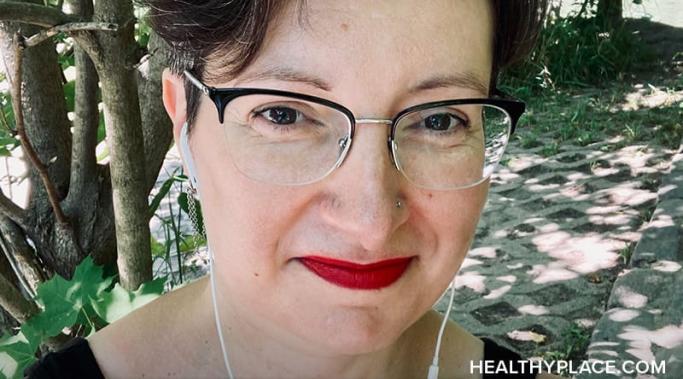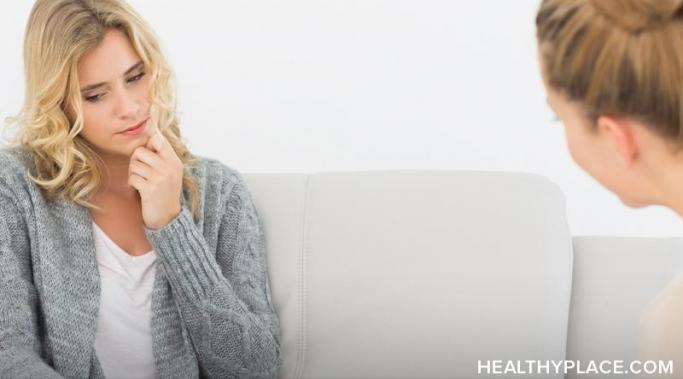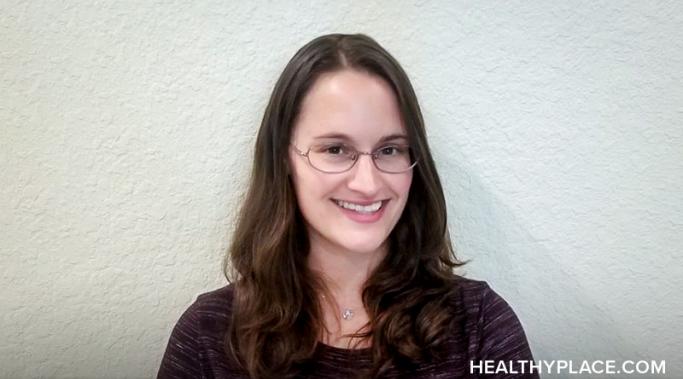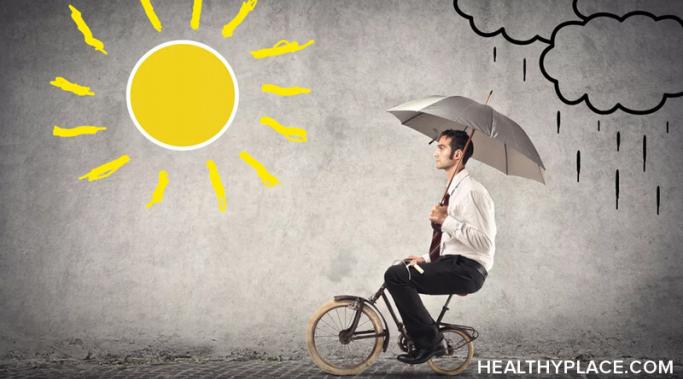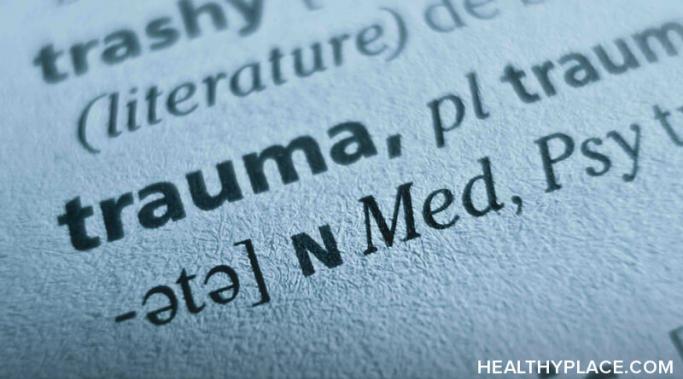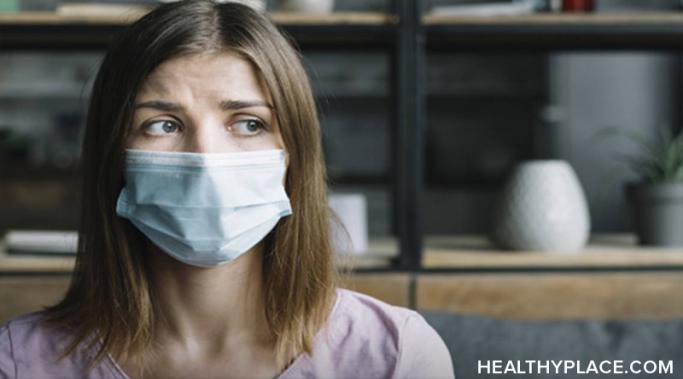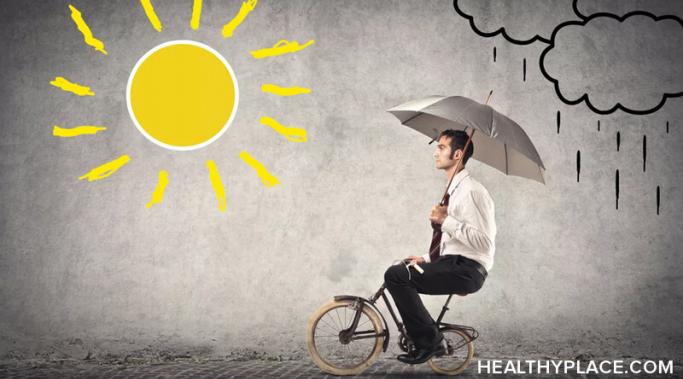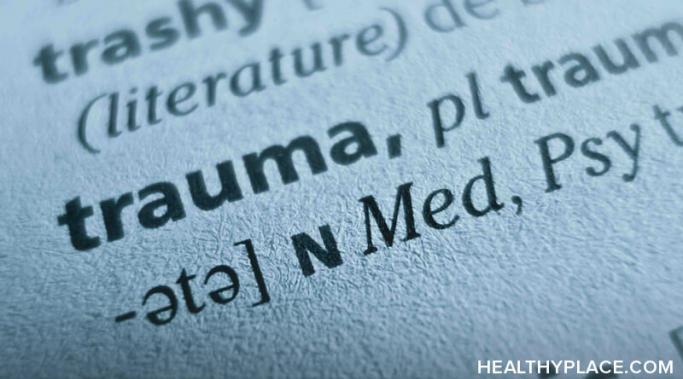My name is Mel Bender. I’m thrilled to be joining HealthyPlace as an author for the Relationships and Mental Illness blog. I’m a freelance writer, blogger, and artist living in Toronto, Canada.
About Relationships and Mental Illness Authors
Juliana Sabatello
This will be my last post for the "Relationships and Mental Illness" blog here at HealthyPlace. I found HealthyPlace after deciding to leave my job as a mental health counselor and search for a new career path. I have always liked to write, and with my own experience with anxiety, I thought writing for HealthyPlace would be perfect for me. I have had the opportunity to explore how my anxiety has affected my relationships, as well as share some coping strategies and advice that have helped me. It was great for me when I started, but so much has changed in my life in the past year that it's time for me to move on.
Juliana Sabatello
Trust is important in any relationship, but it is especially critical in your relationship with your therapist, and it can be hard to recover from a bad therapy experience when that trust is broken. Therapy requires allowing someone we barely know to access our deepest fears and insecurities and trusting that they will treat this information with respect and sensitivity. When we allow ourselves to be vulnerable and receive empathy and understanding from our therapists, therapy can be healing and fulfilling. When we feel unseen, invalidated, or misunderstood after sharing deep parts of ourselves, it can open emotional wounds and make us feel even worse. A bad therapy experience might even turn us off to the whole idea of therapy, but if we never try again, we might miss out on a transformative relationship that allows us to achieve our goals and live happier lives.
Juliana Sabatello
My name is Juliana Sabatello, and I'm happy to be joining HealthyPlace as a contributor to the "Relationships and Mental Illness" blog. I am 28, a South Florida native, and I studied psychology and human and social development at the University of Miami, and I have a master's in mental health counseling from the University of Central Florida. Like many in the mental health field, I became interested because of my experience with my own mental health early in life. I have had anxiety since early childhood, panic disorder since late adolescence, and my first major depressive episode at age 11. Mental illness has affected every relationship I have ever had.
I joined HealthyPlace as I began to reckon with the mental symptoms of my chronic illness. For years, I struggled with depression that came as a side effect to my steroids, the disordered eating that I developed as a result of my gastrointestinal trouble, and the trauma that came from a lifetime of health problems. But I was never able to treat these symptoms with the same regard as my physical ones. The HealthyPlace community helped me validate my struggle with mental health. But the time of COVID has been especially scary for those of us with chronic illness and I'm struggling to stay on top of my business, my graduate studies, and my health. So, though I will miss my HealthyPlace community, I have decided to leave the Relationships and Mental Illness blog in order to lighten my load a little and protect my physical and mental health.
Many patients with chronic illnesses find themselves with some amount of medical trauma. When you're a child, it's hard to make sense of surgeries, blood tests, and hours spent in hospitals with the sick and dying. But there's also the medical trauma that, for many of us, could have been avoided if our doctors had been better listeners.
If it wasn't for my weekly virtual therapy session, my avoidant attachment behaviors would have caused far more mayhem in my quarantine life. What is avoidant attachment? It isn't a mental disorder or illness. Rather, it's a style of attachment.
When I first started having sex, I didn't know I was engaging in sexual spectation -- I didn't realize I was analyzing and directing my own behavior in the bedroom as though it was a performance. But at some point, I realized that my one and only focus in the bedroom was to make myself attractive to the man who played my counterpart.
Do you have a drive for thinness even though you're in eating disorder recovery? Is it healthy for you? Let's explore those questions and get some answers.
Sex after sexual abuse: what's it like? Sexual abuse has a huge impact on my sex life. After two instances of sexual abuse, I felt that my sexuality no longer belonged to me. Twice my body was treated as an object to be used by my abusers as they saw fit, first during my childhood at the hands of a family member, then later by a stranger on a train. Though I didn't realize it at the time, I accepted that my sexuality belonged to the men I slept with and not to me. It took me a long time to confront this truth about the impact of sexual abuse on my sex life, and I still haven't deconstructed the many ways that these instances of abuse eventually brought me to my experiences with sex now. I decided to use this blog as a place to explore this.
